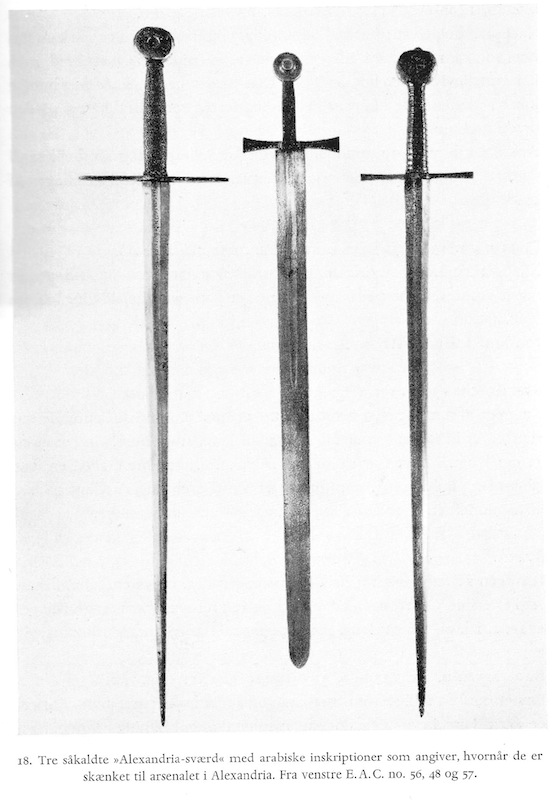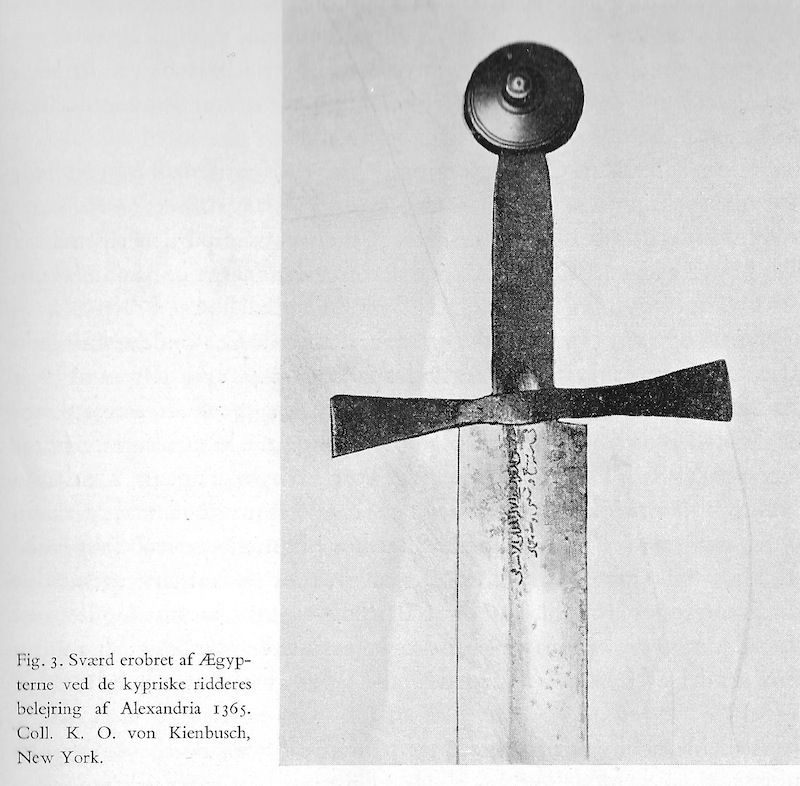| Clive Thomas wrote: |
| Yes Niels, you're probably correct and this one has been bugging me for years as the '812 / 822 hand wave' might just seem a little too convenient an explanation.
Consulting my chart of Hijra & Western dates, the Muslim year 812 began on 16th May 1409 and ended on 5th May 1410. The problem here is that the named donor in the inscription (Shaykh) was at that time either the Viceroy of Damascus or of Tripoli, and not the Sultan until 6th November 1412, which would have been in 815 AH. He only started using the term 'al-malik al-mu'ayyad' (the divinely supported king) after he became sultan, and this particular name occurs quite clearly in the inscription. I think the 'correction' to 822 was originally asserted by Etienne Combe in his 1937 work on the subject, and this was repeated by Kalus in 1982 and assumed by everyone since. So, something doesn't add up, and ALL of the inscriptions from this particular bequest appear to be dated 812. The numbers are written out in full grammatical - rather than numeric - form (i.e. 'ten' instead of '10'), and are often incomplete and with a total absence of diacritical marks. Therefore, they may be open to further interpretation. It's also possible that the original scribe confused the number 'ashrah (ten) for 'ishrin (twenty). Now, if the engraver had been, say, a Coptic Christian (they were often employed at the time in administrative roles) then this might have been an easily-made mistake for a non-native speaker of Arabic. However, and as you suggest, a mistake like this may have been worthy of punishment, especially as these inscriptions were of a particularly pious nature and would have been taken very seriously. The bottom line is, of course, that we appear to be missing something with the dating of these inscriptions, unless Shaykh actually had delusions of grandeur and started styling himself as Sultan 2-3 years before he finally rose to that position. And this wouldn't then explain why these swords were donated to the Alexandria Arsenal by him, and not the reigning sultan al-nasir Faraj. |
1) So if we take the sword inscription seriously (and not as a calendrical error), then the obvious conclusion is that Shaykh must have used these titles, before he was officially appointed Sultan.
["Pious donation of the king al-Mu'ayyad to the arsenal in the frontier city of Alexandria in the year two and ten and eight hundred". The name "abu'l nasr shaykh" ("Father of Victory, Shaykh") has been written above the main body of the inscription.]
Further as you say Shaykh might have been de facto ruler in Alexandria at this point - muslim year 812 - and that he already styled himself with these titles before he was officially declared. Not really delusions of grandeur as he later pulled it off and became Sultan, which shows he already had enmassed so much power it was inevitable he would get the official declaration of Sultan.
I think that this must be the most likely explanation so far.
It would also mean that Cyprus perhaps knew who the real power was in the region and send the swords to him as a diplomatic gift (maybe to Tripoli if it was there he was still officially viceroy and Tripoli in Lebanon is quite close to Cyprus for it to make political sense (Damascus less so as it is not out to the sea?) -> from Tripoli/Damascus Shaykh then donated the swords to Alexandria - his real power center by now).
2) An alternative hypothesis as that the phrase "al-malik al-mu'ayyad" (the divinely supported king) is not limited to Shaykh, but could have been used by an unknown short lived predecessor and it was a result of a diplomatic gift from Cyprus(?) to Alexandria.
Then the lines "abu'l nasr shaykh" maybe his been added later (1412 AD - muslim year 815) when Shaykh was officially declared Sultan?
This is off course far more unlikely as we have to "conjure" up a person (a predecessor using the same title, but being in power for a short time and "removed" from history).


